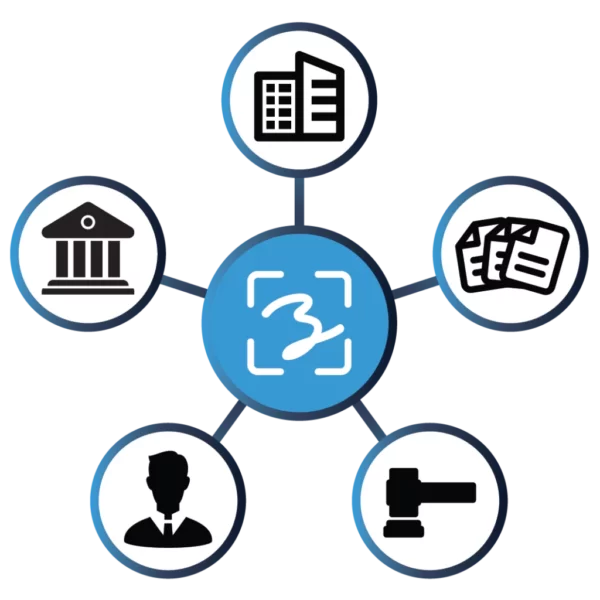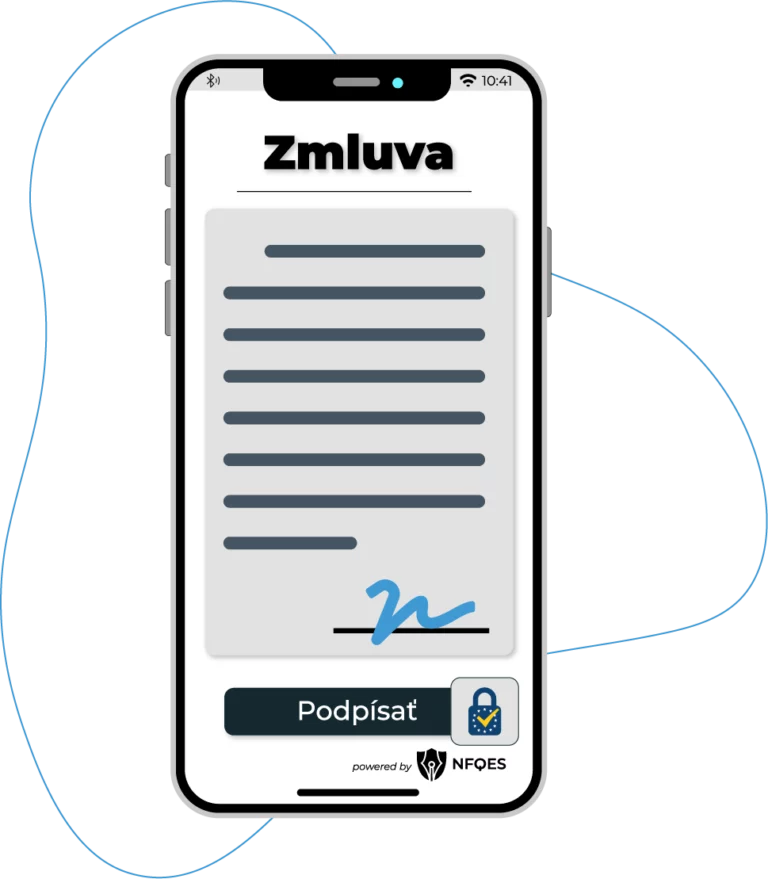Timestamp
The qualified electronic timestamp is used for the qualified time verification of the document. Adding a timestamp to a document guarantees the verification of the document at the time it was added. This time data is legally verified and undeniable, as the time source is from the server of the certification authority – NFQES, which complies with eIDAS regulations. The timestamp prevents falsification of the document signing time.
Where can i use the timestamp?

- Legal services
- Financial transactions
- Legal disputes
- Purchase and sale contracts
- Education
- Any other contracts
Sign up and we'll give you 50 timestamps for FREE!
Benefits of qualified timestamp
Credibility
Undeniability of time-signed documents within the EU. Clear evidence of the time the document was created, changed, or signed.
Speed
You only need to click one extra button to sign.
Eligibility
The highest level of legal certainty (notarized), is recognized and accepted by legal regulations and standards.
Adaptability
They can be used in a variety of industries and areas, from the legal system to business transactions, making them a versatile tool.
International validity
They are also valid in documents of an international nature in the EU.
Cost savings
Absence of printing costs and notarization of signature time.
Who trusts us:




How do i use the timestamp?
- Select the level of signature with which you want to apply the timestamp
- Upload a document with a .pdf or .docx extension
- Add a qualified timestamp with one click
- Sign a document with one click
- Download and save the document

Latest articles
Read interesting facts from the world of online security.
Are you considering changing the scope of business activities in your limited liability company? The good news is that today, the entire process can be completed conveniently online. In this article, we explain how to proceed when changing business activities (removal of old and/or addition of new activities) in an LLC, and how an electronic signature frees you from the need for any in-person visits to the authorities.
Electronic signatures significantly streamline the process of signing contracts, deeds, and documents, saving you from various fees and unnecessary visits to government offices. In this article, we explain the basic differences between the various types of electronic signatures and their legal validity.
Did you know that you can suspend your trade license at any time without annoying queues at the office? Thanks to the electronic signature, you can do it quickly, simply, online, and from the comfort of your home. In this article, we explain the basic conditions and steps for suspending a trade license online and how an electronic signature can help you with the process.
Feel free to contact us, our specialists are ready to answer your questions.
